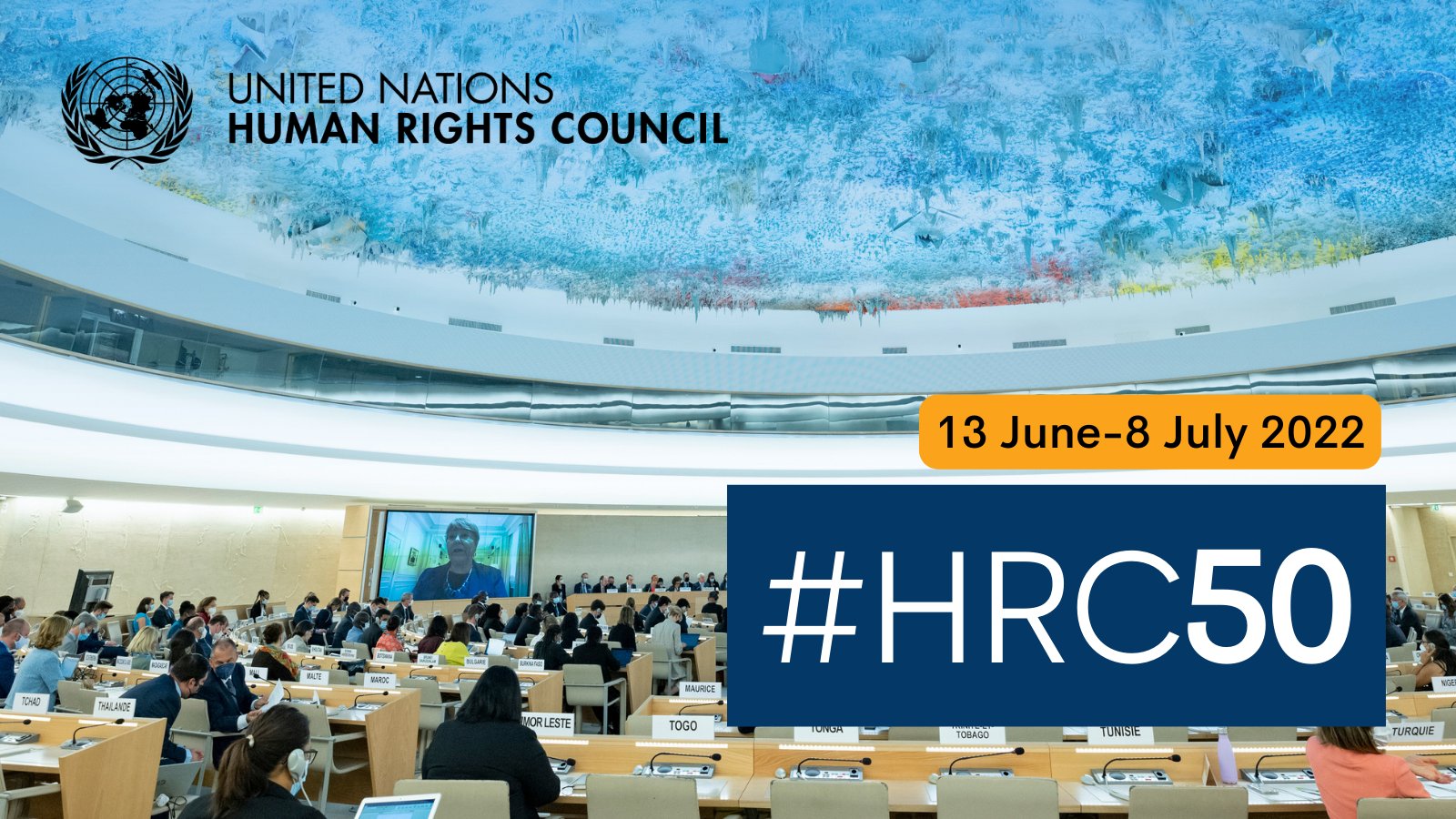
50TH SESSION OF THE UN HUMAN RIGHTS COUNCIL: AN EVER STRONGER LINK BETWEEN CLIMATE AND HUMAN RIGHTS
In July this year, the 50th session of the United Nations Human Rights Council (UNHRC) took place in Geneva, ending with the adoption of a specific resolution dedicated to the link between human rights and climate (HRC 50/L.10). The document emphasised the urgent need to include the fight against climate change within human rights policies related to social and economic development.
The Council brought the issue to the fore in the wake of the growing urgency to implement not only mitigation, but also compensatory actions, with respect to the loss and damage caused by climate change in low- and middle-income countries. In these nations, the gap between the capacity to implement sustainable development policies and the adaptation measures needed to address the consequences of the climate crisis is widening, leading to widespread human rights violations.
To address this problem, efforts are ongoing to develop dedicated financial instruments to compensate for loss and damage caused by climate change. This system should be the main tool to ensure that climate and environmental investments can help the countries most in need. This would also limit the impact of climate change on the rights of populations affected by it by ensuring the conditions for sustainable development.
The creation of these climate adaptation instruments is, however, unfortunately not progressing. The political impasse is dramatically slowing down the progress of these multilateral decisions and was also reflected in HRC Resolution 50/L.10 on the link between human rights and climate, which maintains a focus on mitigation, but is also an important institutional tool to influence policymakers to take urgent action on loss and damage and related human rights.
The work of the Council over the last two years, notwithstanding the major slowdowns due to the Covid-19 pandemic, has given an important impetus to the integration of climate issues into the work of the Human Rights Treaty Bodies (HRTBs), the independent expert committees that monitor the implementation of key UN international human rights treaties.
Through the adoption of documents such as HRC 48/13, which recognised the right to live in a healthy, clean and sustainable environment, and HRC 48/14, which appointed a Special Rapporteur on the promotion and protection of human rights in the context of climate change, the Council sought to make these key areas for international cooperation increasingly intersectional, leading to measurable results. According to the Center for International Environmental Law (CIEL), between 2020 and 2021, 46% of country reports submitted to Human Rights Treaty Bodies mention a link to climate change.
Resolution HRC 50/L.10 is therefore in line with this important course of action and establishes a formal link between the work of the Council and that of the United Nations Framework Convention on Climate Change (UNFCCC) climate negotiations, creating increasing obligations also for HRTBs to implement climate policies for effective human rights actions.
Helping to address the political and economic causes that are blocking effective action on losses and damage is, therefore, a priority that has overcome the difficulty of reaching an agreement at the climate negotiations and is of interest to an increasing number of UN institutions intersectionally. The hope is that this will lead to concrete, concerted and effective action, as resources and time to combat the climate crisis and humanitarian emergencies are in short supply. The nations that approved the Council’s resolution on human rights and climate by consensus are the same ones that will participate in the upcoming climate negotiations in Egypt (UNFCCC COP27), with the hope that they will act consistently with the vote taken in Geneva in July.
by Chiara Soletti, Policy Advisor and Climate and Rights Section Coordinator and Gianluca Persia, Italian Climate Network Volunteer
Published online for Italian Climate Network on the website of the organisation.
